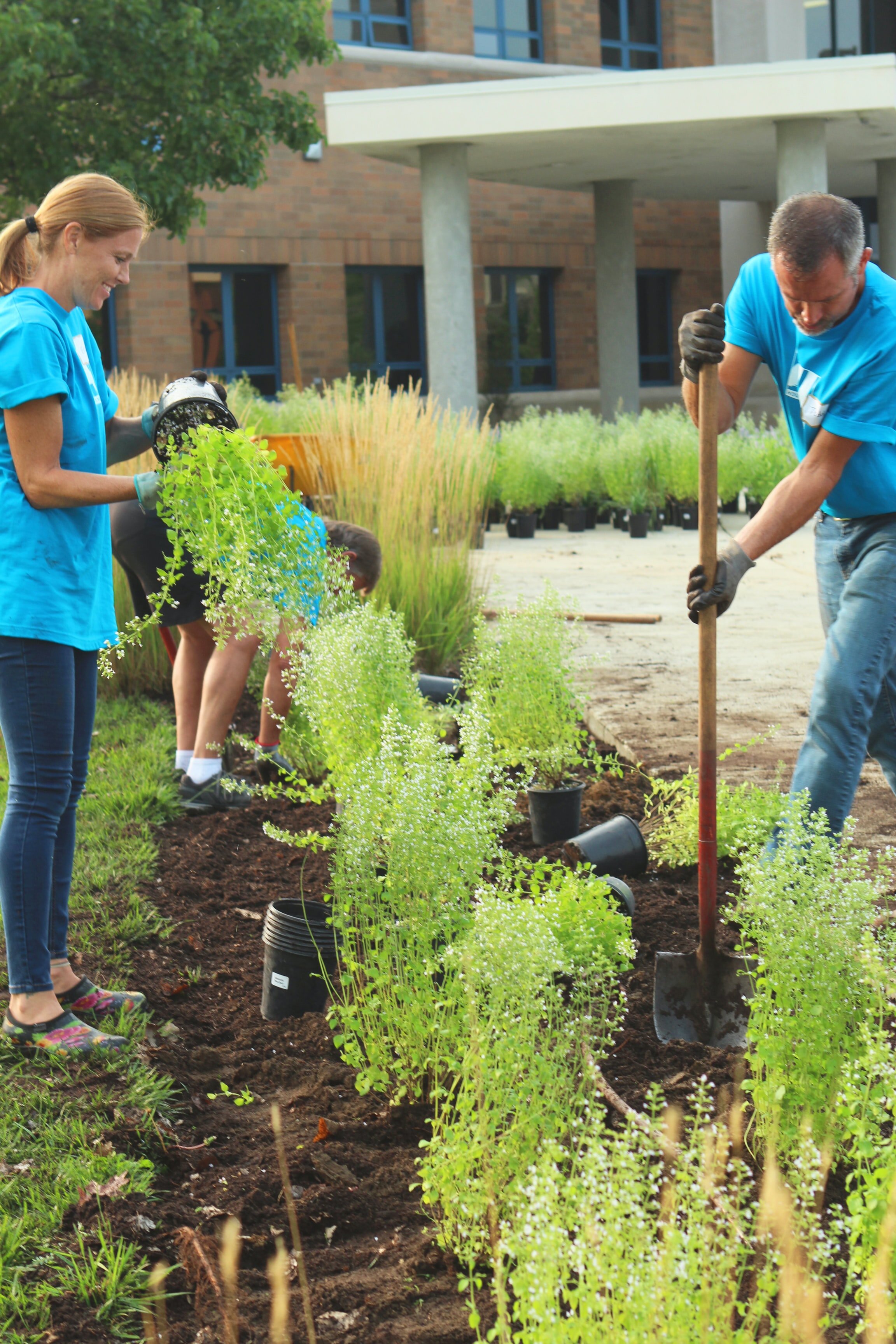It will soon be summer once again. For many churches, that means scaling back on programming or pausing services that run strong throughout the rest of the year. For disability ministry leaders, summer can bring mixed emotions including both relief about the opportunity for some rest and concern for those who will be stretched or left out because of the seasonal changes.
There is a way of cultivating life with each other that protects the consistency of connections and cultivates an ongoing sense of belonging. It means helping people with disabilities, parent-caregivers, siblings and spouses of the aging to be part of weekly worship, small groups and service in their giftings, just as any other member of our church family would. This way toward true belonging requires certain things of us:
Maintaining person-centered ministry rather than a program-centered ministry.
Seeing individuals and families with special needs as participants in Kingdom living and Kingdom work, not just as recipients of our services.
Recognizing that people of all generations and abilities want and need to have valued social roles within the family of God.
Serving with initiative and creativity to encourage and advocate on behalf of people who often need reassurances that they are valued participants. They may need some accommodations or flexibility about how they participate and could appreciate some help thinking through the options available to them.
No matter a person’s age or level of function, we all need community. We all need fellowship with God and each other to survive and thrive. The church must never forget that we are building communities of belonging — in Christ and with each other.
Photo credit: Anna Eliza Earl on Unsplash.com.
My own daughter, Carly, has intellectual-developmental disabilities and is now a young adult without school or a day program during the week. When we began thinking about how she could volunteer in her community, I hoped and prayed for collaborators to help us find ways for her to engage in the life and work of her church, too. Carly loves her church, enjoys being on the go and adores people. Yet due to her limited function, it has been an extraordinary challenge trying to identify service opportunities that optimize her gifts, passions and abilities. As her mom and primary advocate, I tend to become overwhelmed thinking about how to make this next season of life meaningful and connected for her. That can make me feel very alone. I am grateful to have a church that is allowing us to experiment. It hasn’t been any easy situation. But I think the process will ultimately serve Carly and others well. And in the meantime, I believe God is teaching those of us who are stewarding the process and the onlookers too.
I offer the following scriptures and questions for personal and church team reflection:
Might your church be showing “partiality” when it comes to engaging among members with different abilities and challenges? If so, how?
If you really fulfill the royal law according to the Scripture, “You shall love your neighbor as yourself,” you are doing well. But if you show partiality, you are committing sin and are convicted by the law as transgressors. James 2:8-9 ESV
What is expected of people with different abilities at your church? How does that compare with what is expected of the more “typical” members in your church?
Now these are the gifts Christ gave to the church: the apostles, the prophets, the evangelists, and the pastors and teachers. Their responsibility is to equip God’s people to do his work and build up the church, the body of Christ. This will continue until we all come to such unity in our faith and knowledge of God’s Son that we will be mature in the Lord, measuring up to the full and complete standard of Christ. Ephesians 4:11-13
Give an example of how someone with intellectual, developmental or mental health challenges has made a unique contribution to life and faith at your church.
On the contrary, the parts of the body that seem to be weaker are indispensable. 1 Corinthians 12:22
How is your church helping people with different abilities to live out the promise and command of 1 Peter 4:10?
God has given each of you a gift from his great variety of spiritual gifts. Use them well to serve one another. 1 Peter 4:10
Let us not withhold invitations to serve or engage in the life of the church from those who experience extra challenges. We can be tempted to make assumptions about a person or family’s interests or capabilities. Yet being asked or invited speaks powerfully of how you value them, and being given an opportunity to decline allows someone a sense of being respected. We might assume someone’s schedule is not flexible enough, instead of asking them what it would take to make an opportunity work.
We are building communities of belonging. Belonging looks different than just including. Individuals and families in our church want to be more than recipients of our services. In the eyes and heart of Christ, special needs families are valued participants in Kingdom living and Kingdom work.
Lisa Jamieson is a caregiver consultant, pastoral counsellor and author of popular books and Bible studies including Finding Glory in the Thorns and Jesus, Let’s Talk. Lisa and her husband, Larry, live in Minnesota with the youngest of their three grown daughters, Carly, who has Angelman Syndrome. Together, the Jamiesons founded Walk Right In Ministries in 2008, a non-profit organization building faith and community with special needs families.




